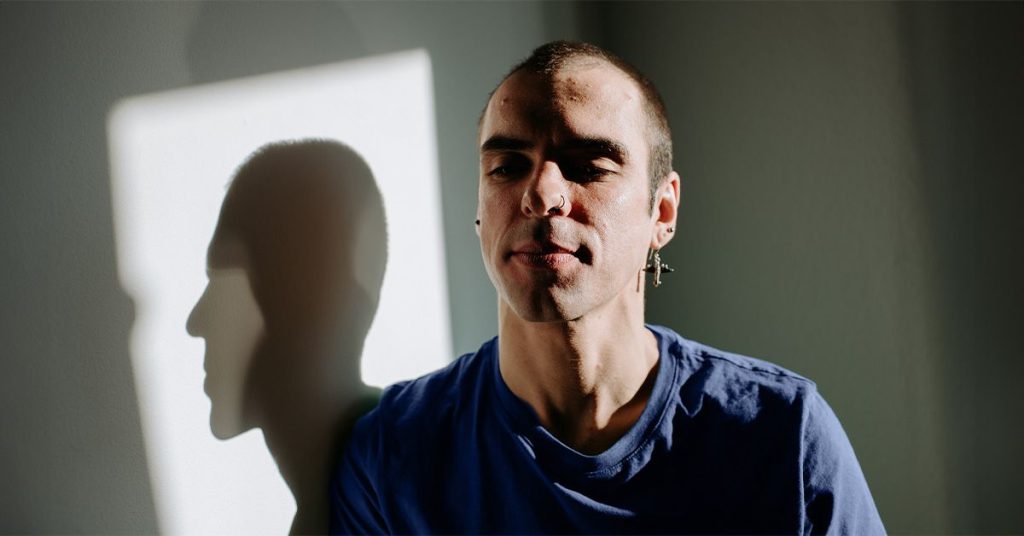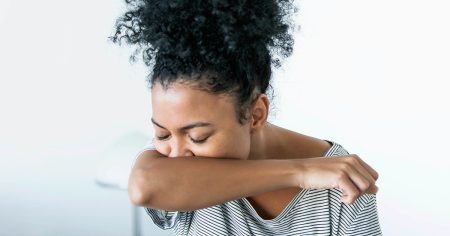Anxiety is a common mental health condition that can cause various symptoms such as worry, fear, trouble concentrating, irritability, and sleep problems. Treatment for anxiety can range from psychological interventions to antidepressants, with experts also recommending self-care practices such as avoiding alcohol and illegal drugs, regular exercise, proper sleep and eating habits, and relaxation techniques like mindfulness. A study led by the National Institute of Mental Health found that mindfulness-based stress reduction may be as effective as the antidepressant escitalopram in alleviating symptoms in people with different anxiety disorders, including agoraphobia, panic disorder, generalized anxiety disorder, and social anxiety disorder. The study involved 276 adults who were randomly assigned to either a mindfulness program or treatment with escitalopram for 8 weeks.
Participants in the mindfulness group attended weekly sessions where they learned and practiced various forms of mindfulness meditation, while the medication group took escitalopram daily and had clinical follow-ups. At the midpoint of the trial, those on the medication reported a greater reduction in anxiety symptoms, but by the end of the 8 weeks, there was no significant difference between the two groups. However, the medication group experienced more side effects compared to the mindfulness group, with 78.6% reporting adverse events in the medication group versus 15.4% in the mindfulness group. Although escitalopram had a more rapid effect in reducing anxiety symptoms, the study indicated the potential of using broader treatment strategies for anxiety and the importance of personalized care.
The research suggests that the weekly contact and daily meditation practices in the mindfulness program may have contributed to its effectiveness compared to the medication group. The study highlights the potential of mindfulness as an alternative to medication for relieving anxiety symptoms, especially for individuals who are concerned about the side effects of antidepressants. While some patients may prefer medication for quicker results, others may be more inclined towards mindfulness practices for a more holistic approach to managing anxiety. Ultimately, the study findings support the idea of offering mindfulness-based interventions in clinical settings for individuals with anxiety disorders as a viable and effective treatment option.
Overall, the study found that mindfulness-based stress reduction was as effective as escitalopram in reducing anxiety symptoms over 8 weeks, with the medication showing a more rapid impact initially but with more side effects. The results indicate the potential benefits of using mindfulness as a treatment option for anxiety disorders, especially for those who prefer non-pharmacological approaches. Personalized care and individual preferences play a key role in determining the most suitable treatment for each individual, whether it is mindfulness practices, medication, or a combination of both. The study underscores the importance of offering various treatment options to accommodate the diverse preferences and needs of individuals with anxiety disorders, ultimately aiming to provide effective and personalized care for better mental health outcomes.













